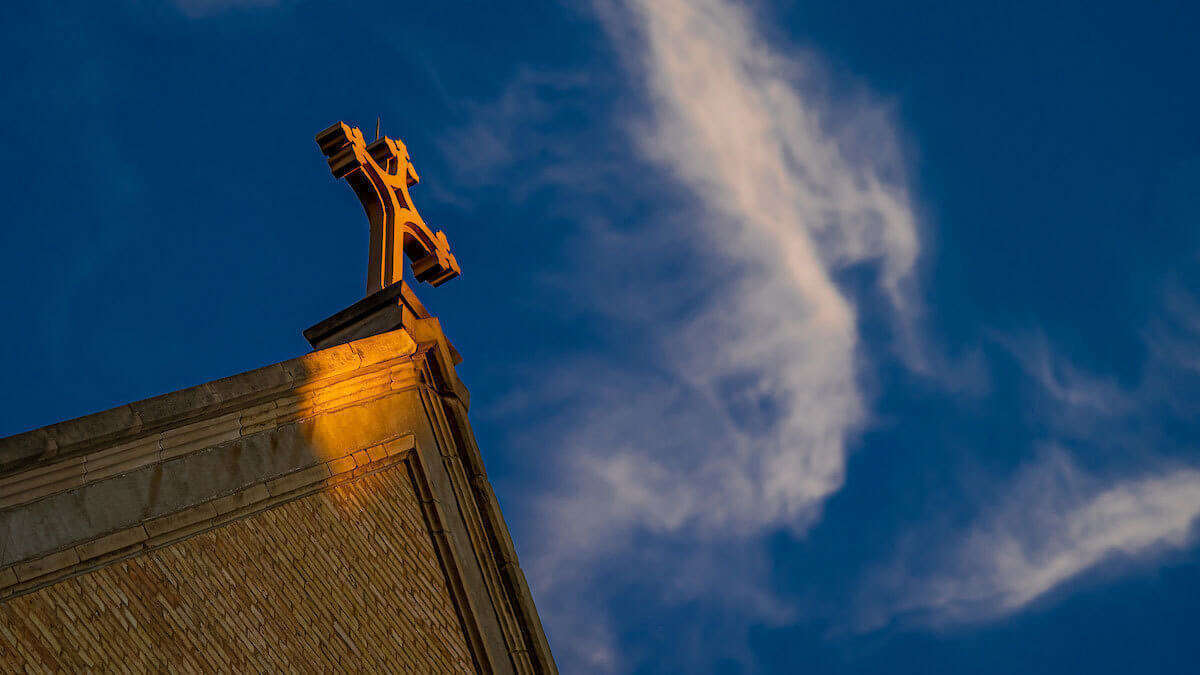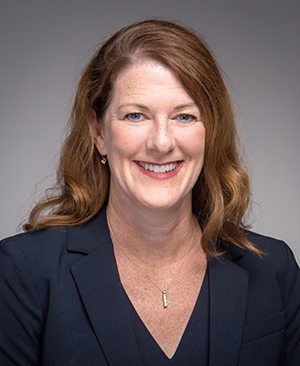McGrath Institute to host online seminars to help inform new USCCB pastoral statement on disability and inclusion in the Church

The McGrath Institute for Church Life at the University of Notre Dame has partnered with the National Catholic Partnership on Disability to offer six online educational seminars for Church leadership on disability and inclusion in the Church.
The series, “In Communion: Advancing the Full Participation of Persons with Disabilities in the Church,” has been created to help inform a new pastoral statement on people with disabilities being developed by the United States Conference of Catholic Bishops’ Committee on Laity, Marriage, Family Life and Youth.
Pastoral statements are teaching tools used by bishops to communicate official Church teachings on important issues.
The webinars, which are free and open to the public, will begin Thursday (March 7) from 3 to 4:30 p.m. EST. Future sessions will take place on March 14 and 21 and April 11, 18 and 25.

Convening a cross-disciplinary group of experts, including people with disabilities, theologians, clergy, lay people and professionals in the field, each session will explore foundational and aspirational concepts important to the pastoral statement and how to enhance the involvement of people with disabilities in the Church.
The seminars will also address the role of the Church in advocating for people with disabilities in society.
“One important goal is to help leaders understand what is required to welcome Church members who experience disability more fully into the life of the Church,” said Clare Kilbane, director of research and development for McGrath’s Digital Education Program. “We also plan to explore how methods of inclusion and intentional efforts to promote belonging can transform opportunities for relationship and faith development for all.”
Another emphasis of the seminars will be to equip the authoring committee with a robust understanding of the experiences of people with disabilities, Kilbane said, as well as a recognition of the many and varied barriers they face and an appreciation for the gifts they have to offer the Church.
“We will look at how, through the development of this new pastoral statement, the Church can welcome all members into greater communion and sharing of Divine love, and each individual into a deeper relationship with God,” she said.
The series will begin with an exploration of the impact pastoral statements have on the Church and larger society and an analysis of the existing pastoral statement written in 1978. Participants will also consider how the new statement might advance and deepen the past statement’s teachings.
Subsequent sessions will analyze the concept of disability in general and how it is uniquely experienced by individuals, outline a vision of “full participation” in Church life and explore what it takes to create a Church where all are not only welcome, but also supported in ways that enable full participation.
“Through these seminars, we hope to help Church leadership understand that when persons with disabilities are welcomed — and invited to participate in all aspects of Church life — the Body of Christ is more complete,” said Charleen Katra, executive director of the National Catholic Partnership on Disability.
Additional information and online registration are available here.
Contact: Carrie Gates, associate director of media relations, 574-631-4313, c.gates@nd.edu
Latest Faith
- Undersecretary of the Dicastery for Promoting Integral Human Development to deliver Keeley Vatican LectureRev. Msgr. Anthony Onyemuche Ekpo, undersecretary of the Vatican's Dicastery for Promoting Integral Human Development, will deliver the Keeley Vatican Lecture on Monday (Feb. 10) at 5 p.m. at the University of Notre Dame.
- Nearly 500 students, faculty and staff to attend 2025 March for Life in Washington, D.C.On January 24, nearly 500 undergraduate and graduate students, faculty and staff from the University of Notre Dame, Holy Cross College and St. Mary’s College will participate in the 2025 March for Life in Washington, D.C., now in its 52nd year.
- Merry Christmas from Notre DameMay we be the seekers of truth, the sustainers of hope, and the builders of bridges that our world needs. – Rev. Robert A. Dowd, C.S.C., University President
- University of Notre Dame receives $10 million grant to strengthen faith-based service opportunities for youth and young adultsThe University of Notre Dame has received a $10 million grant from Lilly Endowment to fund the new Pathways to Communion Program at the McGrath Institute for Church Life. This program aims to strengthen the ecosystem of theologically informed service opportunities for young Catholics in the United States.
- What was the Christmas Star?It’s a story so familiar to many that you may not even realize there’s more to be discovered. The Bible describes an event that led so-called wise men to Jesus. Scripture calls it a star, but what was it really? That’s the question Grant Mathews, director of the Center for Astrophysics at Notre…
- Con todo el corazón (With all our heart)Coro Primavera celebrates Latino community on campus Enter the Basilica of the Sacred Heart during the 3:30 Sunday Mass, and you’ll hear a choir singing the tunes of the same church songs you remember—except the lyrics are in Spanish. Or you may hear some different melodies that bring new…










